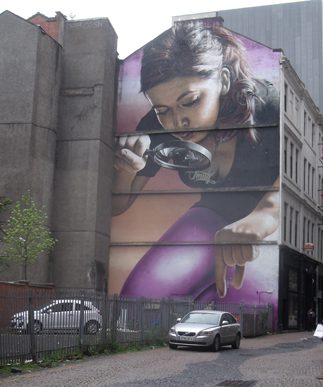One in three 18 to 24-year-olds have seen a suspicious-looking advert for car insurance on social media, an Insurance Fraud Bureau (IFB) survey by pollsters YouGov suggests.
While young people may be more susceptible to an ad that looks too good to be true, all age groups are affected, the IFB says with one in five people overall having seen a suspicious advert. Despite this, a worrying two thirds of people surveyed admitted they wouldn’t even check if their seller had a website before buying car insurance.
IFB warns that people need to beware of ghost broking scammers use fake adverts to pose as seemingly legitimate sellers on social media, offering cheap car insurance before disappearing, leaving their victims out of pocket and often uninsured. Young people in particular should be cautious as they could be targeted due to their typically higher insurance premiums and may be more likely to buy these policies due to them often having lower disposable incomes.
Ghost broking is on the rise, the IFB says, seeing a significant increase in ghost broking investigations since 2015. In only a few hours, an IFB Intelligence Researcher also found more than 50 suspicious-looking social media adverts worthy of further investigation and the IFB is now working with them to get these removed.
With 95pc of people surveyed having never heard the term ‘ghost broking’, the IFB is concerned that a lack awareness about this type of scam could mean that people prioritise saving money without considering the dangers of buying car insurance that isn’t worth the paper it’s written on. The survey found that one in three people didn’t know how serious the consequences of having fake or falsified car insurance could be. This could include a £300 fine, six points on your licence, your car being seized and potentially crushed, a possible court appearance, as well as being liable for the associated costs if you were involved in an accident.
Ben Fletcher, Director of the IFB said: “Although legitimate insurers and brokers advertise on social media, it’s essential that people stay savvy to the differences between what’s genuine and what’s fake.
“Enticing offers may seem like an easy way to save money on your car insurance, but the reality is that by cutting corners and not checking if the source is genuine, people are risking their hard earned cash. While people have a responsibility to buy from a trusted source, they also have a role to play in the fight against fraud and can help by reporting suspicious adverts to the social media site or reporting ghost broking activity to the IFB’s Cheatline.”
Picture by Mark Rowe; street art, downtown Glasgow.










